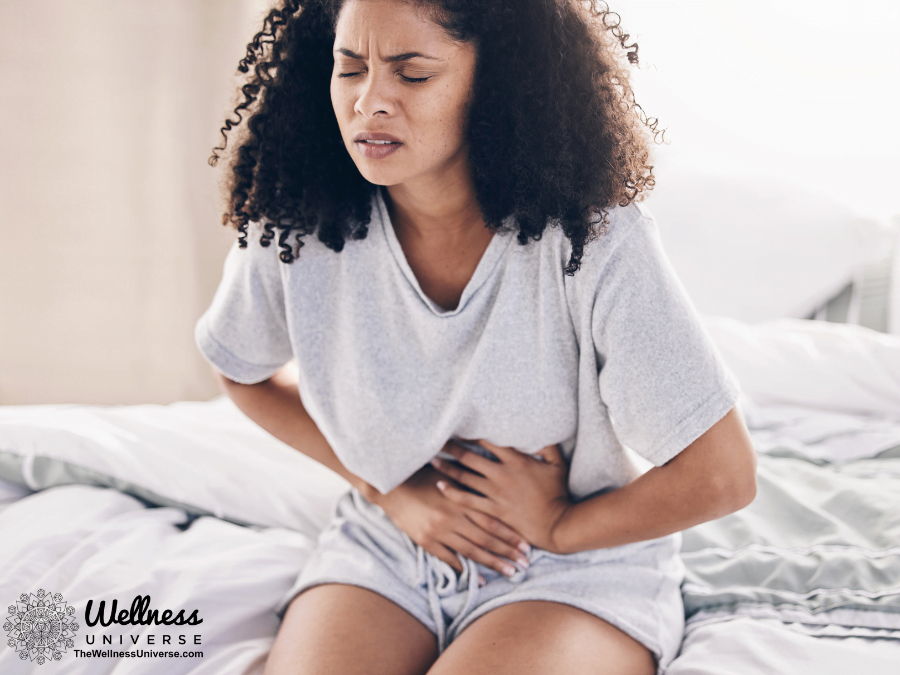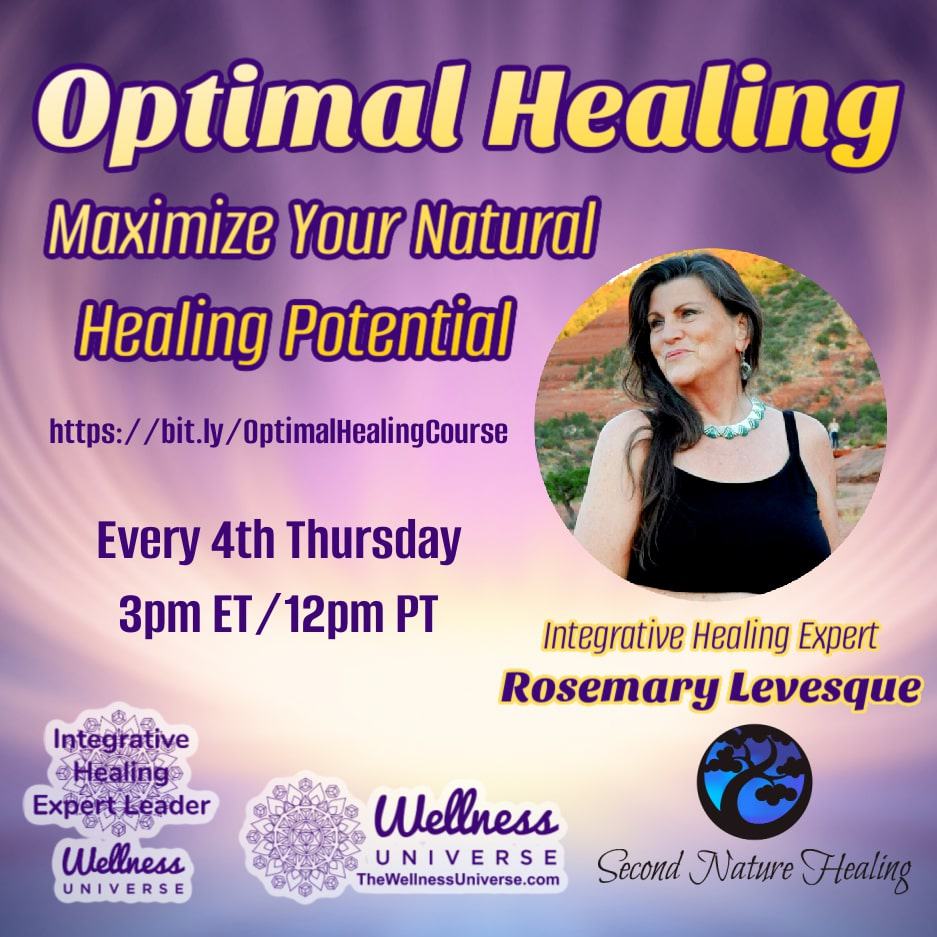Endometriosis, a prevalent condition among women, poses significant challenges, including chronic pelvic pain, infertility, and various debilitating symptoms.
What is Endometriosis?
Endometriosis is a chronic and frequently distressing condition characterized by the abnormal growth of tissue resembling the uterine lining outside the uterus. This anomalous tissue, known as endometrium, has the propensity to adhere to various organs within the pelvic region, including the ovaries, fallopian tubes, and the lining of the pelvic cavity.
Responding to hormonal fluctuations akin to the natural menstrual cycle, this ectopic endometrial tissue undergoes cyclical changes, thickening, breaking down, and bleeding each month.
However, unlike the endometrial tissue within the uterus, this displaced tissue lacks an avenue for expulsion from the body, leading to its entrapment.
Consequently, this trapped tissue incites inflammation, instigates the formation of scar tissue, and fosters the development of adhesive bands between organs, known as painful adhesions.
The culmination of these processes contributes to the hallmark symptoms of endometriosis, including pelvic pain, infertility, and other debilitating manifestations.
Through a deeper understanding of the underlying mechanisms driving this condition, healthcare providers can better tailor treatment approaches to alleviate symptoms and enhance the quality of life for individuals affected by endometriosis.
Recognizing Symptoms
Pelvic Pain
One of the most common symptoms of endometriosis is pelvic pain. This pain may vary in intensity and can occur before, during, or after menstruation. It may also be experienced during intercourse or bowel movements.
The severity of pelvic pain is not necessarily indicative of the extent of the condition, as some women with mild endometriosis may experience severe pain, while others with extensive endometriosis may have minimal symptoms.
Menstrual Irregularities
In addition to the characteristic pelvic pain and infertility associated with endometriosis, menstrual irregularities are common manifestations of this condition.
Women diagnosed with endometriosis often experience alterations in their menstrual cycles, which can include heavy periods, irregular bleeding, or spotting between periods. These irregularities may disrupt the typical rhythm of menstruation, leading to changes such as shorter or longer cycles than usual.
The presence of endometrial tissue outside the uterus can disrupt the normal hormonal balance and signaling pathways involved in regulating the menstrual cycle, contributing to these irregularities.
Furthermore, the inflammation and scarring caused by endometriosis can further exacerbate menstrual irregularities by affecting the functioning of the reproductive organs.
It’s essential for women experiencing menstrual irregularities, especially those accompanied by pelvic pain or other concerning symptoms, to seek medical evaluation and guidance.
By addressing these irregularities and managing the underlying endometriosis, healthcare providers can help improve menstrual regularity and overall reproductive health in women with this condition.
Infertility
Infertility is a significant concern for many women with endometriosis. The condition can interfere with fertility by causing scar tissue to form around the reproductive organs, blocking the fallopian tubes, or affecting the quality of the eggs. However, it’s important to note that not all women with endometriosis will experience infertility, and many are still able to conceive with appropriate treatment.
Other Symptoms
In addition to pelvic pain, menstrual irregularities, and infertility, endometriosis can cause a range of other symptoms, including:
- Painful bowel movements: Endometriosis can lead to discomfort or pain during bowel movements, often occurring around the time of menstruation.
- Fatigue: Women with endometriosis may experience persistent fatigue, which can affect their daily activities and quality of life.
- Bloating: Endometriosis can cause bloating, leading to a feeling of fullness or abdominal distension.
- Nausea: Some women with endometriosis may experience nausea, particularly during menstruation, due to the associated pain and inflammation.
- Painful urination: Endometriosis can result in painful urination, especially during menstrual periods, due to the proximity of endometrial tissue to the urinary tract.
Exploring Treatment Options
Pain Management
For many women with endometriosis, pain management is a crucial aspect of treatment. Over-the-counter pain relievers such as ibuprofen or acetaminophen can help alleviate mild to moderate pain. For more severe pain, your doctor may prescribe stronger medications or recommend hormonal therapies to regulate the menstrual cycle and reduce pain.
Hormonal Therapies
Hormonal therapies, such as birth control pills, hormonal IUDs, or gonadotropin-releasing hormone (GnRH) agonists, work by suppressing ovulation and reducing the production of estrogen, which fuels the growth of endometrial tissue. These treatments can help alleviate symptoms and prevent the progression of the condition.
Surgical Interventions
In cases where symptoms are severe or fertility is a concern, surgical intervention may be necessary. Laparoscopic surgery, also known as excision surgery, involves removing endometrial growths and scar tissue from the pelvic cavity. This can provide relief from symptoms and improve fertility outcomes for some women.
Fertility Treatments
For women struggling with infertility due to endometriosis, a variety of fertility treatments may be available. These may include in vitro fertilization (IVF), intrauterine insemination (IUI), or surgical interventions to remove blockages or repair damaged reproductive organs. Your doctor can help you explore the options that are best suited to your individual needs.
Lifestyle Modifications
In addition to medical treatments, lifestyle modifications can play a significant role in managing endometriosis symptoms. These may include:
- Maintaining a healthy diet rich in fruits, vegetables, whole grains, and lean proteins.
- Regular exercise helps reduce inflammation and improve overall health.
- Stress management techniques such as yoga, meditation, or deep breathing exercises.
- Avoiding alcohol, caffeine, and foods that may trigger inflammation or worsen symptoms.
Endometriosis, characterized by its complexity and challenges, can significantly impact women’s lives. However, with a strategic management approach, symptom improvement and a high quality of life are attainable goals.
Through informed decision-making and personalized care plans, women can actively participate in managing their health and well-being.
May is Mental Health Awareness Month
The Wellness Universe supports Mental Health Awareness Month. Join our event 5 Tools for Better Mental Health 2024 to discover tools that will help you achieve your best mental health. Did you know that 160 million people live in a designated Mental Health Professional Shortage Area #NAMI
Join us in making a difference—not just in your life but in the broader community. Register today at and take a moment for your mental health. #TakeAMentalHealthMoment #MentalHealthMonth
By prioritizing mental health care without guilt or shame, we can collectively reduce the stigma surrounding mental health challenges.
All information, content, and material are for informational purposes only and are not intended to serve as a substitute for the consultation, diagnosis, and/or medical treatment of a qualified physician or healthcare provider. The information supplied through or on this page, or by any representative or agent of The Wellness Universe, is for informational purposes only and does not constitute medical, legal, or other professional advice. Health-related information provided through this website is not a substitute for medical advice and should not be used to diagnose or treat health problems or to prescribe any medical devices or other remedies. The Wellness Universe reserves the right to remove, edit, move, or close any content item for any reason, including, but not limited to, comments that are in violation of the laws and regulations formed pursuant to the Federal Food, Drug, and Cosmetic Act. None of the posts and articles on The Wellness Universe page may be reprinted without express written permission.
Optimal Healing: Maximize Your Healing Potential
Natural alternatives and education on supporting the healing system, and working with the body to promote healing.
Learn more here – https://bit.ly/OptimalHealingCourse

see how our self-care books are helping thousands of people around the world. Digital and paperback books are available now.
Connect to the people that help you live your best life: The Wellness Universe
The Wellness Universe is your resource for health, wellness, well-being, and transformation. We serve and support professionals who make the world a better place and individuals and groups who seek their best life.
A woman owned company; having the vision in 2013, Anna Pereira launched the first directory in 2015 bringing together a community of members making the world a better place to be found by those seeking their best life. The Wellness Universe has grown since then to be a one-stop shop for total wellness support! We are a vetted community, online directory, book publisher, resource center, event producer, content platform, and so much more, supporting whole-health and well-being on a global scale.
The Wellness Universe is a home that connects industry professionals in the health, wellness, and well-being fields to seekers of total well-being. WU provides our WU World-Changer members with peer support, Wellness Universe produced events (live and online), projects, visibility, business mentoring, and community. Through The Wellness Universe our WU World-Changer members serve WU Friends, seekers of health, wellness and transformation, with coaching, workshops, content and more.
The Wellness Universe provides individuals and groups seeking their best lives with access to our members, wellness content, educational resources, and guidance in all areas of wellness to transform visions of how they want to live life into the life they experience.
Through the directory, WU Featured Blog, SoulTreat wellness retreat, Self-Care Books, group well-being programs, and online learning center, The Lounge, The Wellness Universe provides many avenues to support whole health, mind, body, spirit and planet.
Join us today! Wellness Professional or Seeker of Your Best Life





